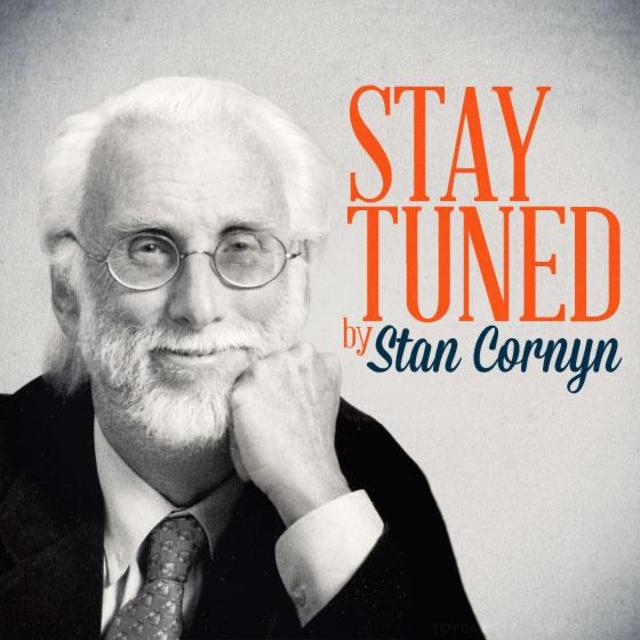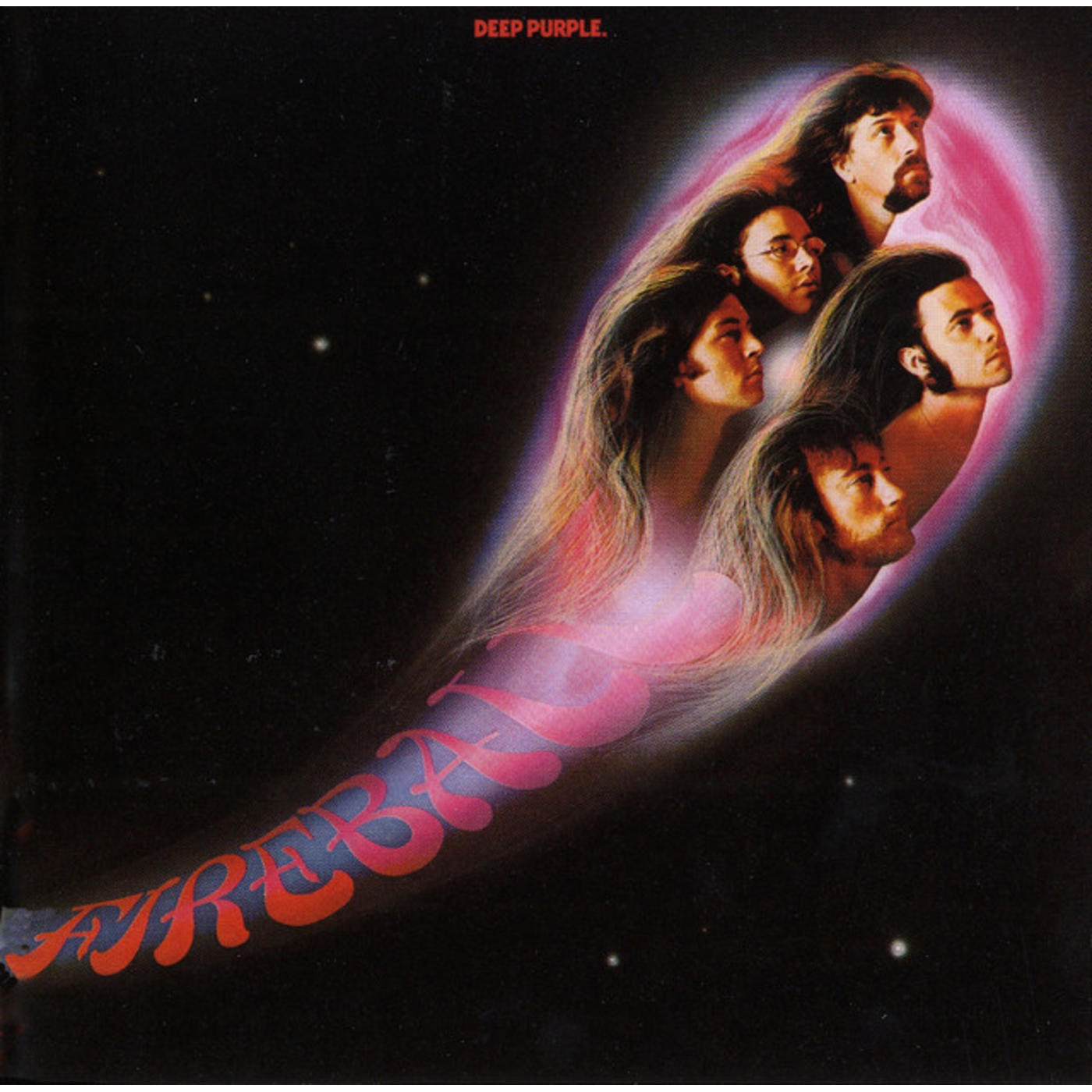Stay Tuned By Stan Cornyn: Shipping and Handling

Every Tuesday and Thursday, former Warner Bros. Records executive and industry insider Stan Cornyn ruminates on the past, present, and future of the music business.
July, 1970. The chosen head of “Kinney Records Distributing Corp.” – Joel Friedman – was ready. He has a tiny home office staff and reps from Kinney’s labels: Warner, Atlantic, and Elektra. These label reps got called The Grips, after their last names: Davey Glew from Atlantic, Eddie Rosenblatt from Warner/Reprise, and Mel Posner from Elektra. All veterans at handling the distribution of records.
This weekend, to get distribution going, they’d decided to move Atlantic’s Los Angeles indy distributor’s floor-full of Atlantic albums away from its indy distrib down on Pico Boulevard. Los Angeles would be first to have a Kinney-only distributor. Trucks full of LPs headed over to WBR’s existing Los Angeles storage facility. (Elektra would come later.)
Over the weekend, trucks hauled and hauled. On Monday, the spread at the Burbank warehouse got impressive. Added to Sinatra and Petula and Dino and Arlo and Jethro and Joni and Neil and hundreds of others … came Atlantic’s catalogue:
Bobby Darin • Ray Charles • Ben E. King • Acker Bilk • Bent Fabric • Aretha Franklin • Booker T & the MG’s • Nino Tempo and April Stevens • The Drifters • Rufus & Carla Thomas • Otis Redding • Solomon Burke • Wilson Pickett • Joe Tex • The Young Rascals • Percy Sledge • Sam & Dave • Bee Gees • Buffalo Springfield • Arthur Conley • Cream • Flip Wilson • Iton Butterfly • Blind Faith • Archie Bell & the Drells • Crosby, Stills & Nash • King Crimson * Ginger Baker * Eric Clapton • Delaney & Bonnie Bramlett * Mott the Hoople * Dr. John * Donny Hathaway • Led Zeppelin
Up front in the shipping area were Atlantic’s 1970’s best-sellers, along with WB+Reprise’s. In the front row, it was all heavy metal:
Coming soon: Elektra’s Judy Collins, The Doors, Iggy Pop.
Washing Your Indies
To their current indie distributors in major cities across America, both Atlantic and Warner lied. They told them, “Not to worry. We’ve decided NOT to go branch. Uhh, well maybe in oh just two or three big cities, but …”
But indies had always dealt with such lies. Theirs was a business that ate lies faster than morning bagels, and they just knew, for them and Kinney, it was over. No matter what “Kinney” said. That very morning, Joel’s phone rang. It was Atlantic’s Glew, calling to say “Seaway’s in deep shit,” he told Joel. “We gotta open Cleveland, and fast.”
How bad could a Cleveland be? Worse even.
Two distributors there had to be shut down: Warner/Elektra’s Mainline, run by Bill Shipley, and Atlantic’s Seaway. While Friedman was calling on Mainline, into the room barged Jackie Presser, head of Teamsters Union #107 before he moved up to fill Jimmy Hoffa’s cement shoes. As mean and bad as they come.
Presser then called in follow Teamsters, thugs with big collars and gold chains, Italian guys named like Fasciano and Samino. Guys who offered distribution deals that ended with “or we could throw you out the window.” Friedman spoke back with the only word he knew in Italian: “Sinatra.”
For Joel Friedman, he held firm, despite threats. He hired staff for his new, Kinney Distribution in Cleveland, staffing it from straight guys laid off from Seaway and Mainline. Then, on his way home, Joel double-checked his seat belt.
Within nine months, most Kinney’s indy distributors across America had been replaced by Friedman and the labels’ GRPs. That small, naïve “Kinney Records” team had flown from city to city, stared at empty warehouse spaces with vast, cement floors, and tried to sound real estate savvy using questions like “Do you have sprinklers here?”
Separating from WEA’s existing indie distribs was not fun, no, more like an ugly divorce, where the divorcees fight over who should get the blue napkins.
Month after month of this, but it was getting done.
Steve Ross Goes Hollywood
1970 became an easier year for Kinney’s owner, Steve Ross. He divided his companies-I-own into two baskets. The left basket was for companies he owned that had little pizzazz: like his building maintenance and parking lots company. These he sold off and got new cash. The right basket got his glam companies. The Warner Bros. studio, the music biz properties, cable distribution.
And to make it sound fresh and appetizing, he gave his new group the name “Warner Communications, Inc.” Call that “WCI,” and all aboard.
For the record group, however, using only the Warner name felt objectionable to the “A” and “E” labels. Deep pondering by the three labels took place, until Nesuhi Ertegun offered “Our A can go last.”
“WEA” was born; and so long “Kinney.”
Goodbye Indies...
As for WEA’s presentations, it had been tough on the GRP group to bid goodbye to the indies they’d sold to and had pizzas with for years now. Eddie Rosenblatt recalled one of his latest stop, in Warners’ Washington indy distributors, July 1971, where he’d gone in with a slick book (album coves) and a tape of sample tracks. This visit was a big one: he had a new Jethro Tull, James Taylor’s Mud Slide Slim, and Deep Purple.
All three albums would sell platinum. But Eddie’s old friends, record sellers and promoters, started pitching beer cans at him, like it was over.
And it was. Over. Like that last stagecoach run, because we’ve got steam trains to travel this road now. Sorry guys.
...Hello WEA
Wherever WEA had opened any own branch, sales suddenly had turned astonishing. Branches focus on just one company’s products, not the spread of a hundred labels. It made dollars and sense. New York’s Paul DeGennaro, who for years had been squeezing out good enough orders, on his first day selling for WEA wrote one customer order for $30,000. Paul started thinking about buying the “21” club.
Such sales unity did not, however, bring with it promotion unity, and the three labels had to battle out “who gets airplay” as ever before. Within WEA, promotion was not one guy per label. Instead, WEA branches would have “two-baggers” (one promo guy representing both Elektra and Atlantic), or even “three-baggers.” Elektra’s Mel Posner recalled his biggest challenge: “WEA’s mentality that it was okay for Elektra to be repped to radio by a three-bagger, or a two-bagger.”
So when it came to promotion, home labels’ promotion departments started competing for the attention of their branch promotion people. WEA sat in the middle, ducking.
At year’s end, Billboard listed the totals-by-label of albums on its chart: For the year1970: Warner had 37 + Atlantic 35 + Elektra 7, so for WEA: 79 chart listings. And then, by corporation:
WEA: 18.4% of albums
CBS: 15.3%
Capitol: 8.3%
In this, the year of its birth, Kinney/WEA had gone to #1! Which really pissed Columbia/CBS.
Still, for some within the three WEA labels, there remained a rivalry.
“Corporate” scores were not what the execs at the labels loved most. They really wanted their own company to be #1.
When WB and Atlantic both had recorded competing versions of Carole King’s “You Got a Friend,” WEA’s ducking got tough. Each WEA branch now had two versions of the same song, both out as singles, but on different labels. Atlantic’s was by Donny Hathaway and Roberta Flack, and Atlantic had rushed out their version before Warner could get out its version, by James Taylor.
Jerry Wexler told Billboard about Atlantic’s aim in this “Duel of the Singles”: “We plan an all-out promotion and advertising drive on the Hathaway-Flack single.”
This “You’ve Got a Friend” sales race got industry attention. The result:
First Place: Warner’s James Taylor (#1 for 14 weeks)
Runner Up: Atlantic’s Hathaway-Flack (#29 for 12 weeks).
Then, when Billboard called Atlantic back about this result, Ahmet handled the call. He had an excuse ready:
“Atlantic was distracted, fighting Warner to sign two artists, Tony Joe White and the Rolling Stones. Warner ended up with Tony Joe White.”
As for Atlantic and those Stones...
- Stay Tuned

